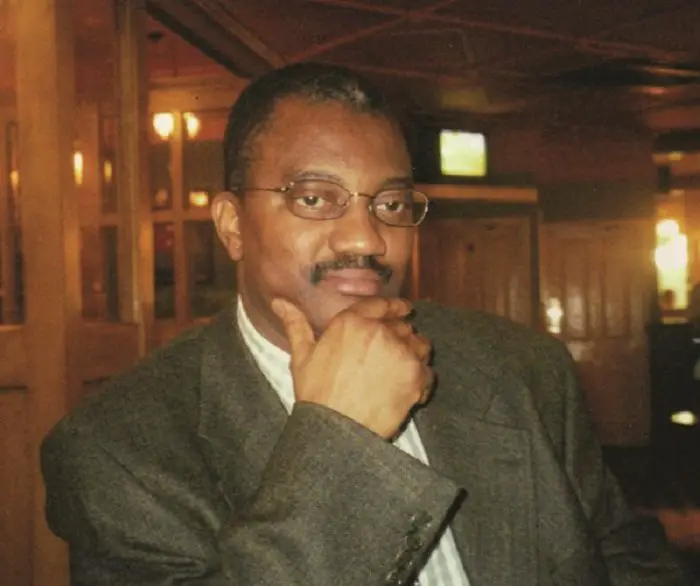Whenever African countries send out trade delegations to solicit for investments from businesses in developed countries there has always been excitement about the prospects of high returns on investment from the continent.
But this excitement has regularly been dampened when discussion turns to electricity.
In a continent where 620 million people lack access to electricity, the situation does not augur well for businesses that have to spend a huge amount of money every year on oil-consuming generators to provide power to run the enterprises.
This is an added financial burden that foreign investors are at times reluctant to take on – thus inhibiting economic growth in Africa and stunting its development.
For example, in Ghana prolonged blackouts (or ‘dumsor’ in local parlance) place businesses at financial risk. According to one report, a shop in Accra with facilities for cold storage is fighting a losing battle with frequent blackouts.
“The store’s freezers break down so often they don’t make any money,” the manager was quoted as saying, adding: “And the little they have made goes in to repairing the machines.”
It is even more precarious in Ghanaian hospitals.
The BBC reported last year that blackouts affecting the hospitals resulted in “midwives [using] torches or the light on their mobile phones to deliver babies”.
Then there is the problem of trying to store vaccines that are meant to be kept in cold surroundings but then there is no electricity to power fridges or freezers.
African countries have sought to provide electricity for citizens and businesses to aid development and tackle poverty but the cost of oil-fuelled electricity has been prohibitive. The alternative is to turn to coal, which African governments argue is the best way forward. They made their case clearly ahead of this month’s UN Climate Change Conference in Marrakesh in Morocco where the recently ratified Paris Agreement, dealing with reducing greenhouse gasses emissions and financing to combat climate change beginning in 2020, was top on the agenda.
The 22nd session of the Conference of the Parties (COP 22) also took place at a time of momentous political change in the US, where President-elect Donald Trump pledged during his campaign to revive America’s struggling coal industry.
His promise led him to overwhelmingly victory in once thriving coal mining communities, helping him to secure key swing states.
Outgoing President Barack Obama is all for increasing access to electricity in sub-Saharan Africa by adding more than 30,000 megawatts of electricity generation.
But he is not a fan of coal, despite its importance to the US economy, in these sensitive days of the climate change debate.
When he launched his Power Initiative in 2013, he clearly said that his administration would no longer back the use of coal abroad for electricity generation unless there were carbon emission controls.
But modern life is unimaginable without electricity and as such improving access to electricity worldwide is critical to alleviating poverty.
According to the latest figures, coal-fired power plants currently fuel 41 per cent of global electricity, and in some countries coal fuels a higher percentage of electricity.
According to the Energy Information Administration (EIA), global coal consumption in 2020 is expected to be almost twice what it was in 2000, and it will continue to grow.
In 2035, the International Energy Agency (IEA) is expecting coal to have a 47 per cent share of the power generation market, equivalent to its share in 2011, and to have a 29 per cent share of total energy demand, the most of any fuel, surpassing oil, which currently has the highest share.
Given this situation, it is not surprising that African countries are keen to use coal to power the continent development and reduce poverty.
“There’s never been a country that has developed with intermittent power,” Jim Yong Kim, the President of the World Bank, has said.
African leaders made their intentions clear at the US-Africa Leaders’ Summit in Washington in 2014, arguing that developed countries had used coal to fuel their industrialisation. Sospeter Muhongo, Tanzania’s current Minister of Mines and Energy, said then when he was Minister of Power: “We in Africa, we should not be in the discussion of whether we should use coal or not.
“In my country of Tanzania, we are going to use our natural resources because we have reserves which go beyond five billion tons.”
African governments have pointed out that the original UN Framework Convention on Climate Change (UNFCCC) places development first when it states: “Economic and social development and poverty eradication are the first and overriding priority of the developing country partner.”
There does not seem to be any running away from the use of coal to fuel power, given that some 2,300 coal-fired power stations are being built or planned around the world.
The increased demand is coming mainly from African and Asian countries.
Both the Energy Information Administration (EIA) and the International Energy Agency (IAE) are expecting Africa to increase its coal use.
Click here to read the rest of the article https://www.ghanabusinessnews.com/2016/11/22/giving-africa-the-power-to-develop/
Davies Desmond is currently the London Bureau Chief for the Ghana News Agency (GNA). He is a Mentor in strategic communication at the African Leadership Centre, King’s College London.
